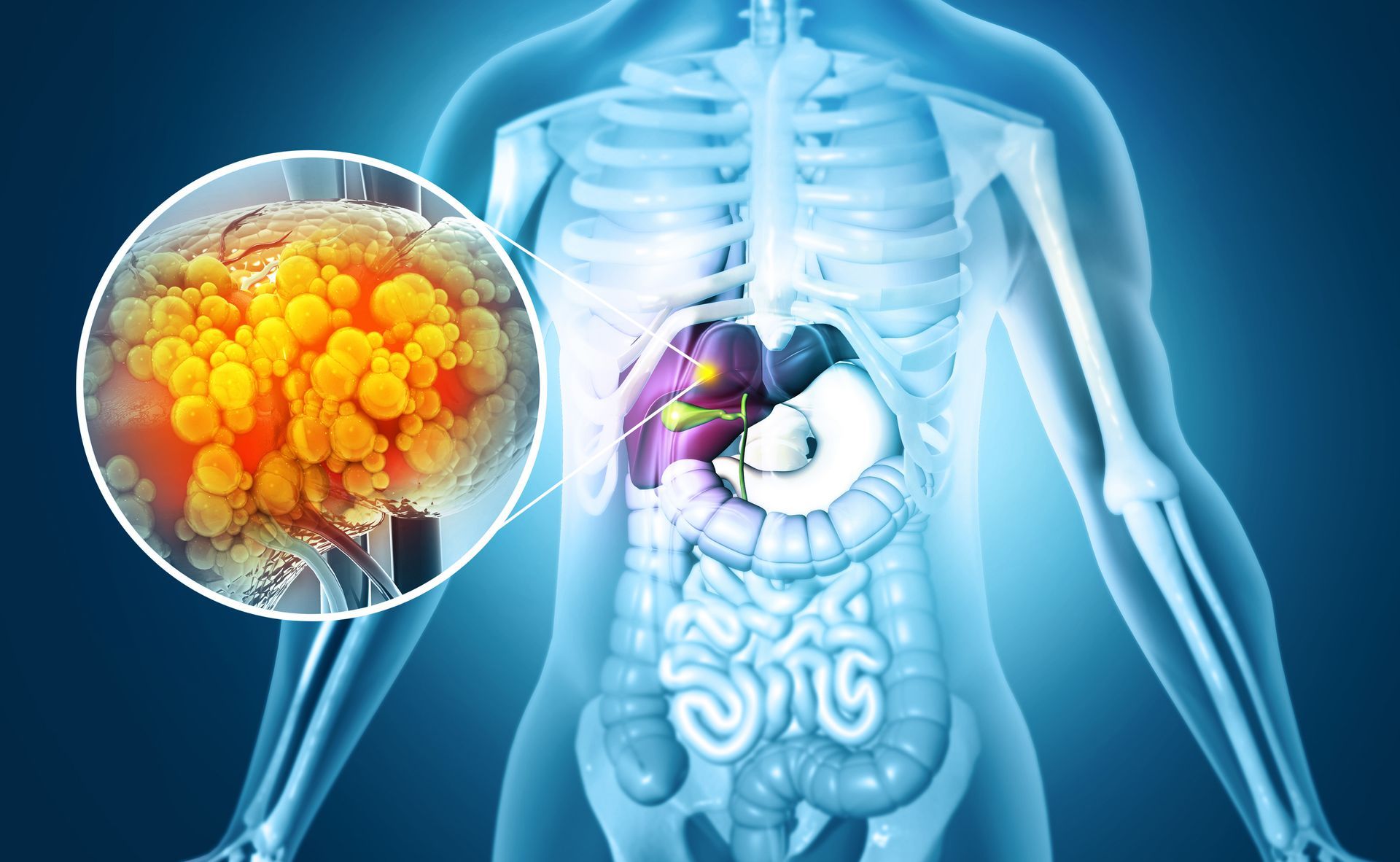Monitoring and Managing Celiac Disease
Celiac disease is an immune reaction to eating gluten. Gluten is a protein that is commonly found in barley, rye, and wheat. When this protein is consumed it triggers an immune response in your small intestine. As this reaction continues to occur over time, the lining of the small intestine can be damaged, preventing it from absorbing certain nutrients, known as malabsorption. Once damaged, other complications like bloating, diarrhea, anemia, and fatigue can occur. Celiac increases the risk of small intestinal cancer due to the long-standing inflammation. There is not treatment for Celiac Disease beyond following a strict, lifelong, gluten-free diet. Monitoring your symptoms and managing your diet and lifestyle are critical in avoiding the health consequences that Celiac can create.
How Do You Manage Celiac Disease?
While managing a condition that influences what you can and can’t eat can be a challenge, there are several things you can do to effectively manage your lifestyle to mitigate the impact of Celiac Disease. Here are a few tips that make the management of this condition easier.
- Use a team approach with your physicians and a dietician.
- Understand that you need to adhere to a lifelong, gluten-free diet.
- Continue educating yourself about your condition and developments in a gluten-free diet.
- Maintain regular follow-up care and testing.
How Can You Monitor Celiac Disease?
Monitoring your condition is critical in making the right decisions about your diet and lifestyle. Understanding what is, and isn’t, working can help you develop a plan and the habits necessary to remain healthy. A very helpful way to monitor your progress and condition is to be annually go through a battery of tests. Some of these tests may include:
- Celiac Disease antibodies (IgA-tTG)
- Lipid profile
- Vitamin profile
- Electrolyte and renal profile
- Nutritional anemia profile
- Complete blood count (CBC)
- Mineral profile
- Thyroid stimulating hormone(TSH)
Monitoring your condition, on at least an annual basis, is the best way to find out if your current gluten-free diet, and other lifestyle management initiatives are effective. If you suffer from Celiac Disease, or are experiencing symptoms, the expert staff at Digestive Diseases Center is here to help.
CONTACT
850-763-5409
ADDRESSES
4 LOCATIONS
204 E 19th Street, B, Panama City
12216 Panama City Beach Pkwy, D, Panama City Beach
4295 3rd Ave, Marianna
101 Good Morning St., 109B, Port St. Joe
Subscribe to our newsletter:
subscribe to our newsletter
We will get back to you as soon as possible.
Please try again later.



